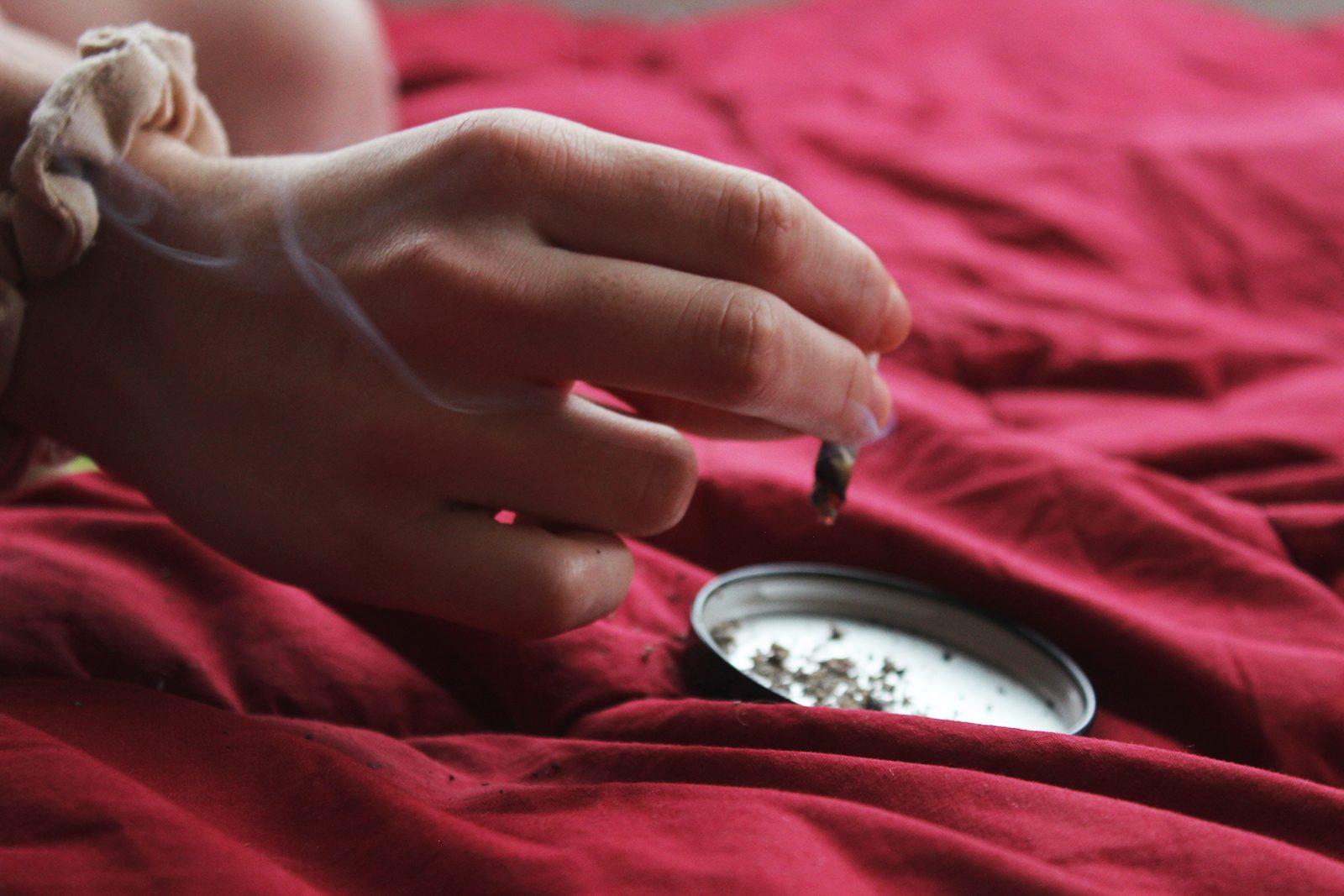
Boston researchers at Brigham and Women’s Hospital have found a potential correlation between adverse heart risks and marijuana use.
The findings, published in the Journal of the American College of Cardiology, estimate more than 2 million Americans suffering from cardiovascular disease have reported using marijuana. The article also states smoking marijuana gives rise to many of the same cardiovascular dangers as smoking tobacco.
Muthiah Vaduganathan, cardiologist at Brigham and Women’s Hospital and a co-author of the review, said there is biological plausibility that weed directly affects heart function.
“From a physiological standpoint, shortly after marijuana is used, heart rate and blood pressure [rise],” Vaduganathan said, “and a number of physiological reactions occur. Many of those factors can be detrimental to patients.”
Marijuana also interferes with the metabolism of many cardiac medications, Vaduganathan said, with observational studies suggesting a link between marijuana use and subsequent cardiac events like heart attacks, arrhythmias and strokes.
The American Heart Association published a news release in November 2019 referencing the studies linking the use of weed to stroke and arrhythmia. AHA president Robert Harrington stated in the press release that the medical community should begin zoning in on marijuana as it continues to grow in prevalence.
“As these products become increasingly used across the country,” Harrington stated, “getting clearer, scientifically rigorous data is going to be important as we try to understand the overall health effects of cannabis.”
However, correlation does not assume causation in observational studies. Vaduganathan said findings from a non-controlled investigation could be skewed by external factors that make it hard to affirm whether or not they truly result from marijuana use.
“The important caveat to all of this is that it has been very hard to study marijuana in terms of the cardiovascular systems,” Vaduganathan said. “Patients who use marijauna also may have other adverse health behaviors, like cigarette smoking or use of other drug abuse.”
Several states in the U.S., Massachusetts included, have legalized marijuana for medical and recreational use. Vaduganathan said users who are transparent with their doctors about pot usage can better safeguard against hazardous effects.
“I think the first step is physicians and patients should have an open discussion about the use of marijuana,” Vaduganathan said, “including the method of administration, the quantity of use, [as well as] frequency and duration of use.”
Individuals who vape pot also experience more severe effects from the drug, Vaduganathan said, and suffer more extreme lung effects. A common practice among young people, Vaduganathan said e-cigarette use likely induces higher risk of marijuana-related cardiovascular disease.
Vaduganathan said while consuming weed through non-inhalation methods might spare the lungs, the drug still activates broad receptors throughout the body — including the vascular system and the heart — that may compromise cardiovascular health, albeit with lower intensity than smoking or vaping would.
While marijuana has been around for centuries, growing pot and e-cigarette usage presents new challenges to medical researchers.
“Marijuana has always been something that has been understudied, at least relative to tobacco research and perhaps other drugs like opiates,” Vaduganathan said. “I think there is a definite need for more research. This is the right time [to] redouble efforts to investigate the cardiovascular effects of this prevalent drug.”
Colin Randall, 24-year-old Brighton resident, said he feels indifferent about marijuana despite its newfound correlation to heart risks.
“I feel like it’s the same as tobacco use, which is probably linked to heart disease as well,” Randall said. “Smoking is probably not good for you, so it’s probably the same.”
Desiree Ned, 54-year-old resident of Brigham Circle, said she believes marijuana usage can be helpful to people in various situations.
“I believe if it’s helping people, let them be,” Ned said. “You know, I don’t think people should judge people.”






















































































































